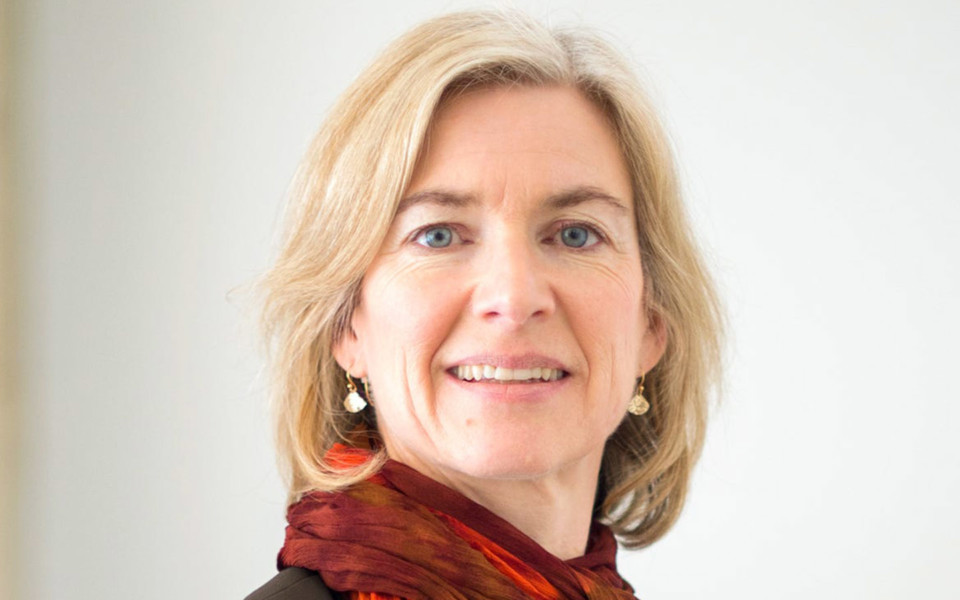The 10 people transforming healthcare
Jennifer Doudna learned by email that a scientist in China had used the blockbuster gene-editing tool she’d helped invent to reportedly edit the DNA of a pair of twin baby girls.
“It was pretty shattering,” the 55-year-old University of California geneticist told Business Insider. “I was quite stunned.”
Doudna had unearthed the tool, called Crispr, in early experiments with bacteria in 2012. Since then, she’s envisioned dozens of applications for it, from treating diseases like sickle cell to creating tastier produce and even making drought-resistant crops. For years, she’s also feared that someone might use it in secret to mess with human DNA.
And that’s exactly what reportedly happened when the researcher, He Jiankui, edited the twin girls’ DNA. To address it, Doudna said we need to provide anyone who’s thinking about tweaking the genes of human embryos with “very concrete sets of criteria recognized by international forums.”
Doudna is still hopeful about Crispr’s applications in other areas, such as treating diseases and creating superior foods. “I think in the next five years the most profound thing we’ll see in terms of Crispr’s effects on people’s everyday lives will be in the agricultural sector,” she said.


